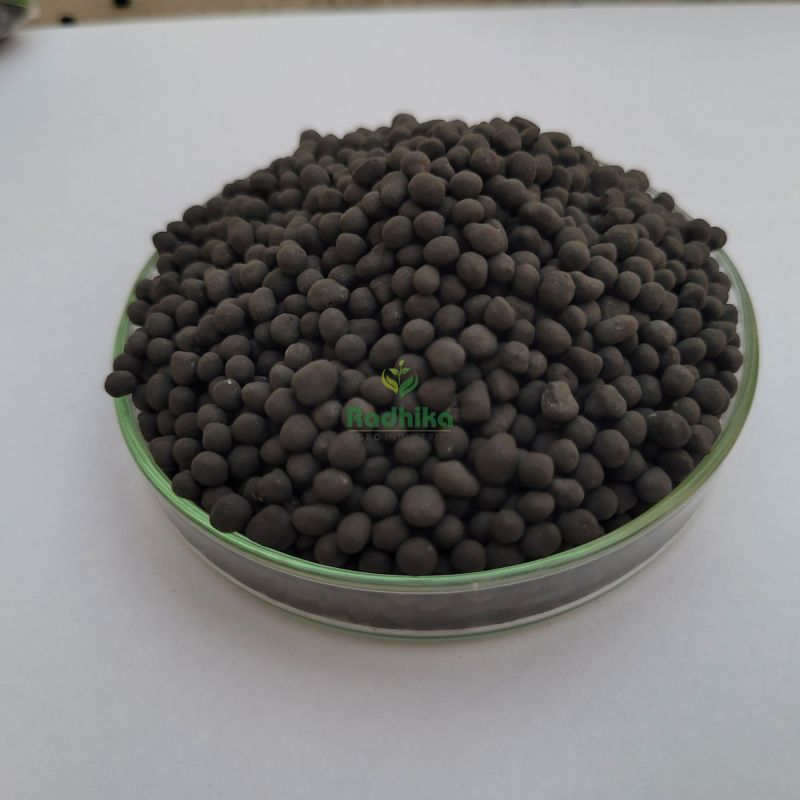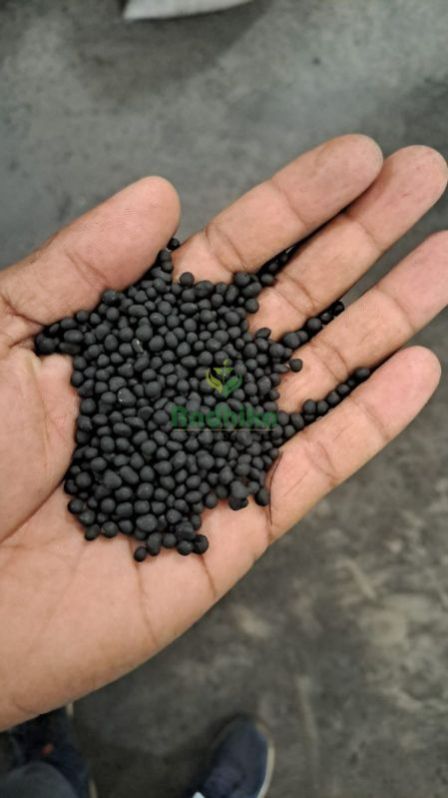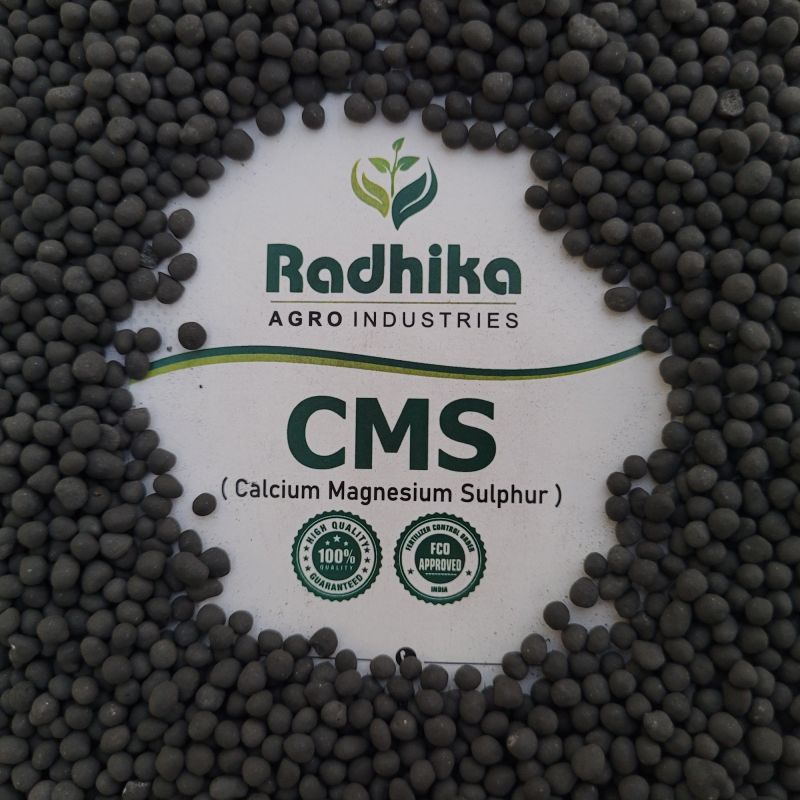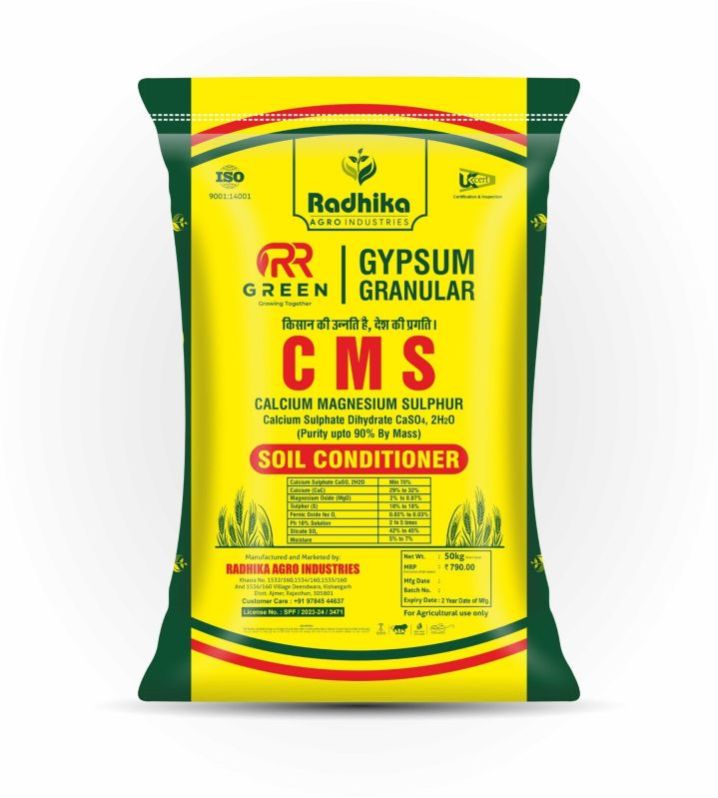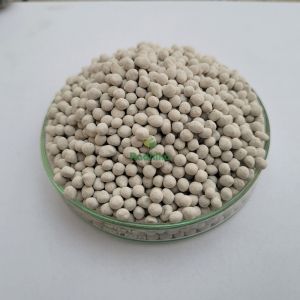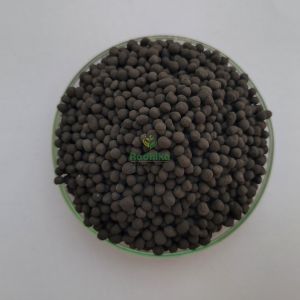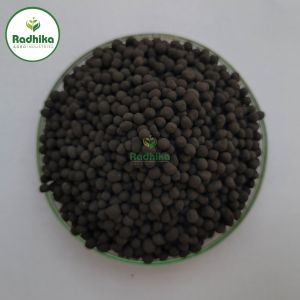| Business Type | Manufacturer, Supplier, Trader |
| Brand Name | RR Green |
| Application | Agriculture |
| Packaging Type | BOPP & PP Bags |
| Click to view more | |
Product Details
Packaging Size
50 Kg
State
Granules
Country of Origin
India
Purity
Upto 90% By Mass
Manufactured By
Radhika Agro Industries
Delivery Time
Same Day or 1 Day
A soil conditioner is a substance added to soil to improve its physical, chemical, or biological properties. It can help to enhance soil structure, fertility, and water retention.
Soil conditioners are used to improve various aspects of soil health and productivity. Here are some common applications:
Improving Soil Structure
- Increasing porosity: Soil conditioners can help to create a more porous soil structure, allowing for better water infiltration and aeration.
- Reducing compaction: They can break up compacted soil, promoting root growth and nutrient uptake.
Enhancing Water Retention
- Improving water-holding capacity: Soil conditioners can increase the soil's ability to retain moisture, reducing water runoff and helping plants to withstand drought conditions.
- Preventing waterlogging: They can help to prevent waterlogging by improving drainage.
Increasing Nutrient Availability
- Improving nutrient uptake: Soil conditioners can help to improve the availability of nutrients to plants, promoting healthier growth and higher yields.
- Reducing nutrient leaching: They can help to prevent nutrient leaching, reducing fertilizer requirements.
Enhancing Soil Fertility
- Increasing organic matter content: Many soil conditioners, such as compost and biochar, add organic matter to the soil, which is essential for soil fertility.
- Improving soil microbial activity: Organic matter can also promote the growth of beneficial soil microorganisms, which can enhance soil fertility.
Reducing Erosion
- Improving soil stability: Soil conditioners can help to improve soil stability, reducing erosion and preventing loss of topsoil.
Other Uses
- Remediating contaminated soil: Some soil conditioners can be used to help remediate contaminated soil by binding to pollutants and preventing their leaching.
- Improving soil health: Overall, soil conditioners can help to improve soil health, leading to more resilient and productive ecosystems.
Looking for "CMS Soil Conditioner" ?
Ton

